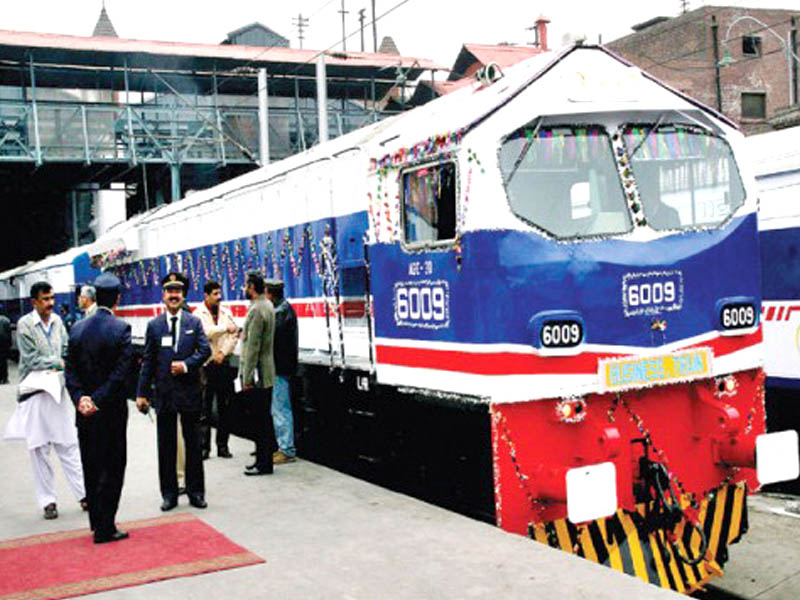
KPMG has been hired as the financial adviser for the project, with the National Engineering Services Pakistan (Nespak) and Mohsin Tayebaly and Company responsible for technical and legal affairs, respectively.
While the formal agreement is expected to be signed in a few days, it would take another 13 months before construction kicks off on the first part of the project, the 22-kilometre-long Yellow Line, which would connect Dawood Chowrangi in Landhi to Numaish in Saddar. Nespak is already undertaking the BRTS project in Lahore, which is near completion.
“Now we would decide what needs to be done with the route. For example, deciding whether there is a need for [creating] an overhead passage at any point,” said an official. “A feasibility study needs to be carried out before we can finalise costing and other financial details. Finally, we will look for an investor.” The Karachi Metropolitan Corporation (KMC) had earlier put the expected cost of the Yellow Line at around Rs2 billion, and set 2014 as its launch year.

The transit system involves dedicated buses lanes, which would crisscross roads and bridges. Around 13,000 passengers are expected to use the system in Karachi every hour, which would cut current travelling time by almost half. Buses will run on reserved tracks, at an average speed of 25 kilometres per hour (kmph), well above the average vehicular speed in the city of 17 kmph.
Lahore vs Karachi
The KMC claims that the project in Lahore has faced multiple cost overruns. However, officials in Karachi warn that the problem might not be endemic to Lahore only, and that the KMC would be prepared to face similar challenges. “The government would have to spend [some] money on building infrastructure, because if private investors put too much of their own money into it, then we can forget about keeping travelling fares low.”
The KMC has settled on a fare of around Rs20 per trip. The new buses would not be air conditioned, a decision that was mainly taken to keep costs down.
Six BRTS lines have been planned, which would span over 75 km. Around 21 stations would be built and each bus track will be 3.5 metres wide. The stations would be connected to sidewalks with a pedestrian bridge to let people coming from both sides to come onto the platform.
Published in The Express Tribune, February 5th, 2013.



















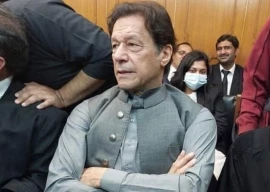

1710998259-0/pti-(1)1710998259-0-270x192.webp)




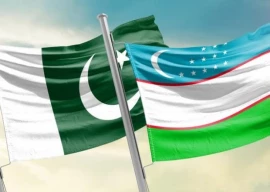
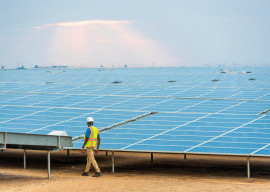
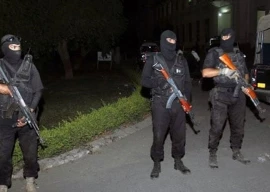
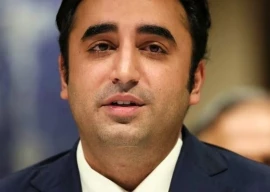
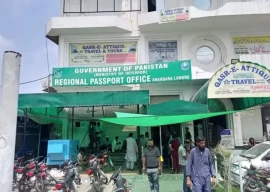






COMMENTS
Comments are moderated and generally will be posted if they are on-topic and not abusive.
For more information, please see our Comments FAQ